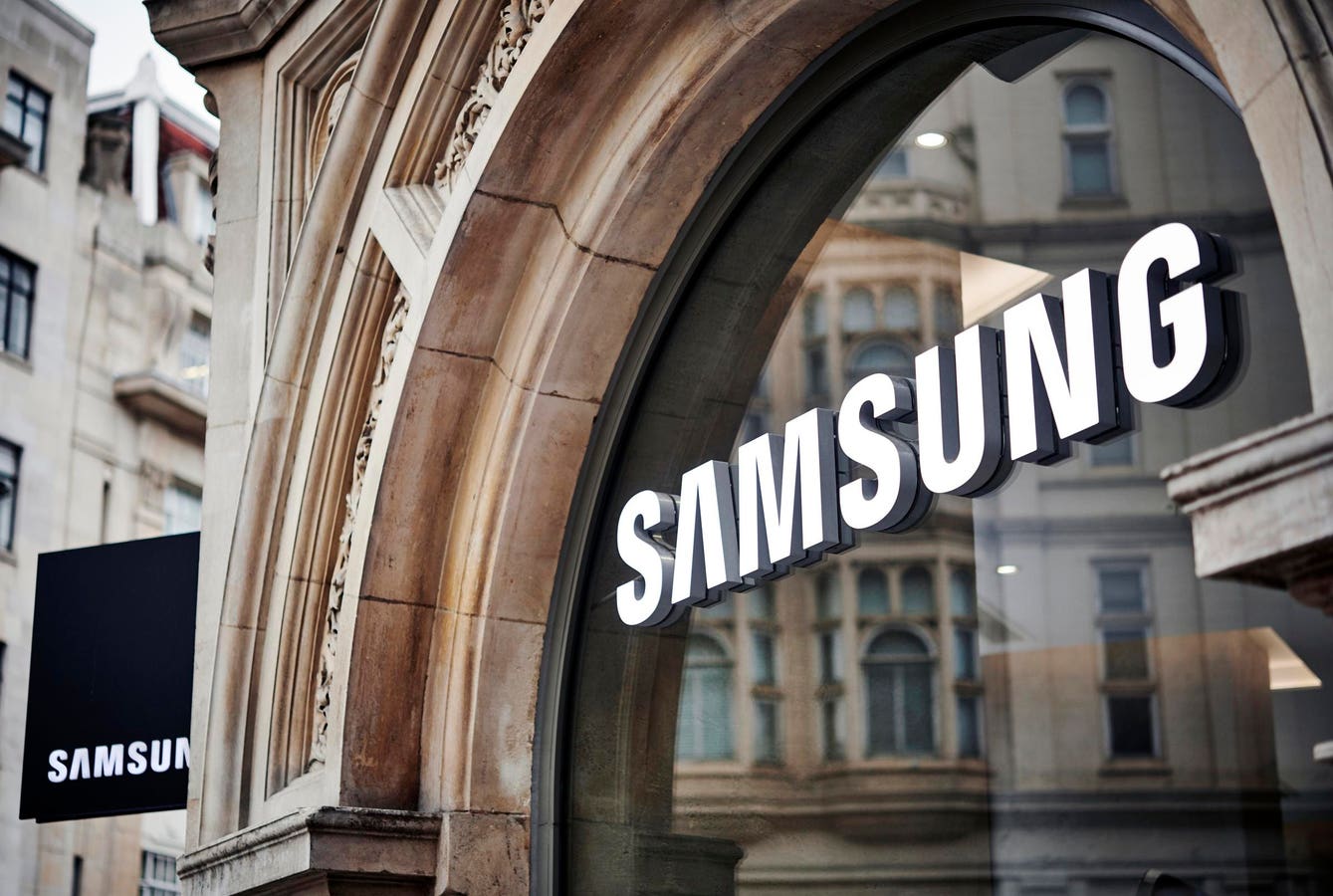R.J. Scaringe, CEO and founder of Rivian, chats during an Automotive Press Association event on Monday.
Bill Koenig
The founder of electric-truck maker Rivian sounded optimistic about his company’s prospects despite headwinds facing EVs generally.
“I’ve never been more confident than I am today,” R.J. Scaringe, Evanian’s CEO said at a Monday event by the Automotive Press Association held at a company facility in the Detroit suburb of Plymouth, Michigan.
“I’ve never been more bullish.”
The $7,500 federal EV credit expired on Sept. 30. The administration of President Donald Trump isn’t friendly toward EVs. Demand for EVs, while expanding, is not growing as much as anticipated.
At the same time, Rivian is moving ahead.
The Irvine, California-based company has expanded a vehicle manufacturing plant in Normal, Illinois. It has broken ground on a factory near Social Circle, Georgia, scheduled to begin producing EV trucks in 2028. Rivian has a joint venture with Volkswagen AG to develop automotive software.
Rivian’s offerings include the R1, priced around $90,000. The R2 truck is in development, expected to go for about $45,000.
The Trump administration has also unleashed various tariffs across manufacturing. Tariffs are paid by importers and much of those payments are passed onto consumers. Tariffs are not transfers of money from one country to another. The auto industry is one sector that has been most affected by the Trump tariffs.
On Monday, the Rivian chief said his company was trying to take all that in stride.
“I think the current administration is a pro-business-administration,” Scaringe said.
The Trump administration wants more products made in the U.S., he added. “We’re quite aligned with this administration.”
Still, he said, tariffs have an effect on corporate planning.
“We have to make decisions measured in years and even in decades when it comes to capital allocation,” the Rivian chief said.









